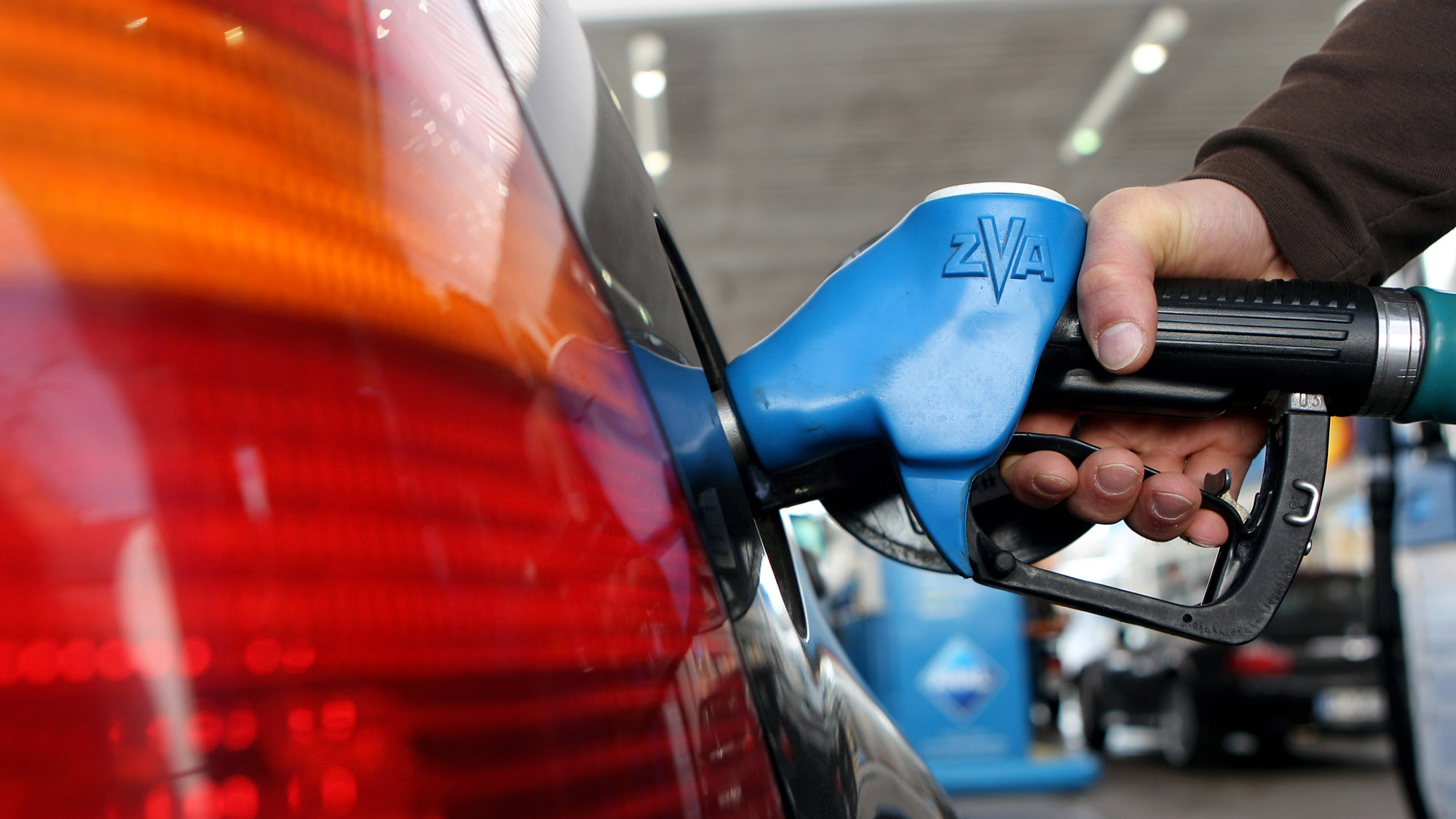The Federal Gas Tax Will Never Go Up
President Joe Biden met with a bipartisan group of lawmakers Monday to discuss his $2.3 trillion infrastructure proposal and how to fund it. At some point, the eternal question of raising the 18.4-cent federal gas tax was brought up; initial reports suggested that Biden was receptive to the idea.
Later though, the White House clarified that Biden was, in fact, not receptive. From Reuters:
U.S. President Joe Biden raised the prospect of a gas tax hike during a meeting with lawmakers to point out it would not raise a lot of money and explain why he did not favor it as a way to pay for his infrastructure proposal, a White House official said on Monday after media reports.
What's interesting about Biden's aversion to the gas tax is that it seems to be one of the few possible funding sources both Democrats and Republicans are willing to entertain, according to Reuters, even if it would account for only a small portion of the overall proposal. And the vehicle miles-traveled tax that Transportation Secretary Pete Buttigieg floated last month is apparently off the table as well.
Transportation Secretary Pete Buttigieg last month said the White House will not propose hiking gas taxes or a new vehicle miles traveled (VMT) fee to pay for the investments. The White House has also insisted that no one earning under $400,000 a year will see their taxes go up.
The federal gas tax has remained stagnant since 1993, all the while inflation has diminished its value to 10.2 cents in 1993 money. Every couple of years, somebody suggests raising it — former President Donald Trump reportedly endorsed a 25-cent hike carried out over annual five-cent increases back in 2018. But it didn't happen then, and it seems it won't happen now. Probably not tomorrow, either.
One of the major arguments against raising the federal gas tax is that it's regressive, in that it taxes all people the same amount indiscriminately regardless of income. As a result, it hits poorer people harder. Another concern is that those with less income tend to drive older cars, which tend to be less fuel efficient on the whole — although there are obviously exceptions to that.
On the flip side, gas tax is a snap to collect precisely because of its regressive nature. You could make it more progressive with thresholds for vehicle age and maybe make weight or mileage factors too, but that adds to the administrative overhead, which means less of the money collected actually gets put to its intended use.
Speaking of mileage, VMT tax necessitates data collection, perhaps through self-reporting but more likely via some kind of on-board mileage tracking device. For many folks, that raises red flags over security vulnerability. A straight VMT tax would also negate fuel efficiency savings and, by extension, the other positive effect of the blanket gas tax: encouraging the purchase of more efficient vehicles.
There's no perfect answer, which is sort of how we keep winding up back at raising the gas tax in the first place. While a blunt way to address funding, the fact of the matter is it's already in practice, which makes it more attractive than other, perhaps fairer solutions that require more work to execute. From what I can tell, many commenters around these parts seem to be at least on board with adjusting the existing gas tax for inflation. Buttigieg entertained that idea for a minute, until he didn't.
So the gas tax will stay exactly where it's been for the last 28 years, for better or worse. A mileage tax probably won't be trialed either. In a perfect world we'd just raise the corporate tax rate (Or tax the rich.—Ed) and get on with our lives, but Republican senators call that proposition "impossible." The French have a phrase for this phenomenon — I think it roughly translates to "infrastructure week."
